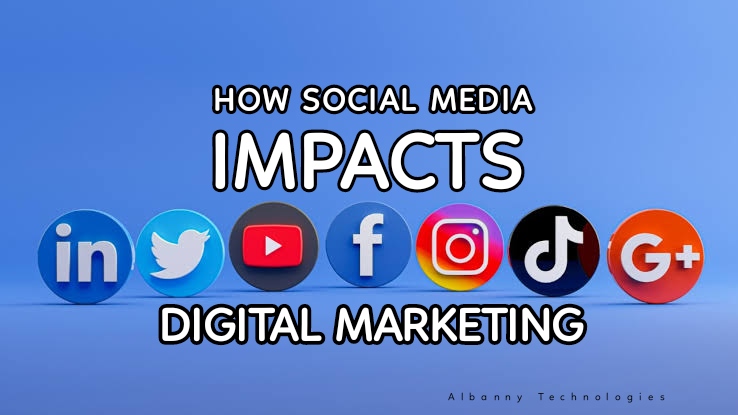
Challenges of Social Media management
Social media management is the process of creating and publishing content, monitoring engagement and mentions, growing a community of customers and influencers, and reporting and analyzing the results of your efforts.
Furthermore, it is also the practice of controlling your online identity across several social media sites. Social media managers are those who manage social media platforms. They employ their experience to plan and create content, interact with followers, track social media trends, and provide reports on account performance.
This procedure involves just one or more channels, ranging from Facebook to YouTube, depending on the objectives of a corporation. Regardless of how many social networks a company utilizes, social media management is an essential component of any marketing plan.
This is because if carried out effectively, it leads to a quantifiable return on investment (ROI).
However, to excel at social media management, you need certain skills.
Necessary Skills for Social Media Management
Communication
Firstly, as a social media manager, you’re responsible for sharing messaging on behalf of a company or public figure and responding to public and private engagement. That means you have to know how to communicate clearly both visually and in writing.
Creativity
Regardless of the social media accounts, you manage, you continuously need to come up with inventive, interesting ways to convey information. Social media managers are creative and open to trying out new strategies.
Collaboration
Seldomly, social media managers work alone. Most times, they work closely with customers and influencers on a social media team, as well as colleagues in design and marketing. Besides, an understanding of how to collaborate can help you do more with social media.
Organization
From content creation to data analysis, social media management has a ton of moving parts. It’s important to be organized and create reliable workflows, so you can work efficiently and avoid making unnecessary mistakes.
Challenges of Social Media Management
Time Management
Most social media managers encounter this huge problem while managing social media. This is because it requires time and effort to produce content, especially intriguing information. It includes conceptualizing, conducting research, writing the content itself, and obtaining acceptance.
Additionally, social media managers must monitor messages and notifications from the sites they are in charge of. Cross-posting and staying on top of notifications can take up time if a brand is active on several social media channels.
Creating Fresh and Creative Content
Finding new content ideas is difficult enough, but when combined with problems that have already been identified, it becomes tiring.
Moreover, the issue with social media is that social media managers are expected to continue creating new pieces of content. This happens not minding if the material a company publishes is a flop or goes viral and gains new fans.
Content cannot be repeated but only recreated. Therefore, you stand out from others, you must be unique both in comparison to them and to your competitors.
Furthermore, because social media trends are always shifting, you can’t plan material months for when inspiration strikes. This is because the kind of content that is popular right now will probably be out-of-date in two weeks.
Poor Engagement
Organic engagement on almost all social media channels has been a challenge for social media managers.
Nevertheless, some brands will inevitably lag because there are so many competing brands vying to always be on users’ timelines.
Reach and engagement is among the biggest problems that social media management faces today because of this. Even if social media managers upload fantastic material, engagement will suffer if followers don’t see it.
Conclusively, managing social media channels does not have to be the time-consuming, cumbersome, labor-intensive daily process that it is for so many of us.
A solid social media platform should enable you to publish seamlessly, and engage meaningfully with your audience. In addition to keeping you informed through curated content feeds, bring clarity to convoluted analytics, and offer optimized, customized solutions for every user.
Benson is a Senior Digital Strategist at Albanny Technologies with over 5 years of experience in high-end web development and technical SEO. Specializing in helping Nigerian businesses scale their digital footprint, he translates complex technology into actionable growth strategies. When he’s not auditing site performance, he’s mentoring the next generation of tech talent in West Africa














